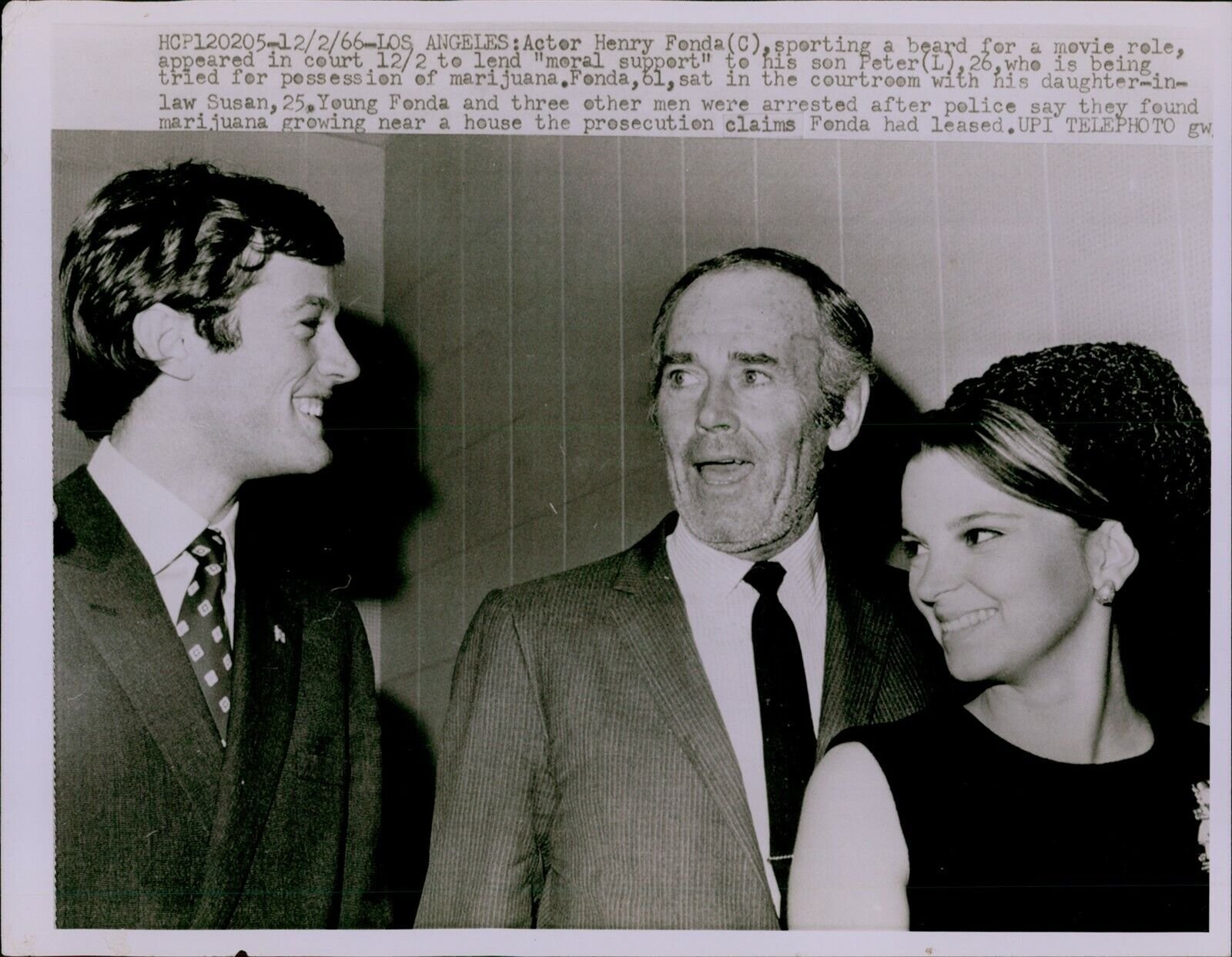Dirty Real is published on May 1st . . .
Publisher’s Weekly has had a head start:
Dirty Real: Exile on Hollywood and Vine with the Gin Mill Cowboys
Peter Stanfield. Reaktion, $25 (344p) ISBN 978-1-78914-862-6
Stanfield (A Band with Built-In Hate), a film professor emeritus at the University of Kent, delivers a discerning deep dive into counterculture films of the late 1960s and early ’70s. According to Stanfield, such actors as Peter Fonda, Dennis Hopper, and Jack Nicholson played down the glamour that had previously characterized Hollywood stars in favor of grittier personas that reflected an emerging understanding that movies were no longer “means of escape but a means of approaching a problem.” Astute analysis of key films of the era reveal how they tackled topical issues. For instance, Stanfield contends that Fonda’s The Hired Hand (1971) used the western genre as a backdrop to promote themes of female empowerment, and that Bob Rafelson’s Five Easy Pieces (1970) regards with distrust the “bourgeois slumming” of its protagonist, who maintains the privileges of his middle-class background despite seeking out a more “authentic” lifestyle working in oil fields. Stanfield shares Rafelson’s skepticism toward the period’s vogue for authenticity, suggesting that leading actors, writers, and directors showed “an acute nostalgia for the gutter none had known at first hand,” and that the predominantly white casts portrayed a “social realism [that] did not include the reality, or even fantasy, of black lives.” It’s a sharp study of the contradictions of post–flower power cinema.
https://www.publishersweekly.com/9781789148626













